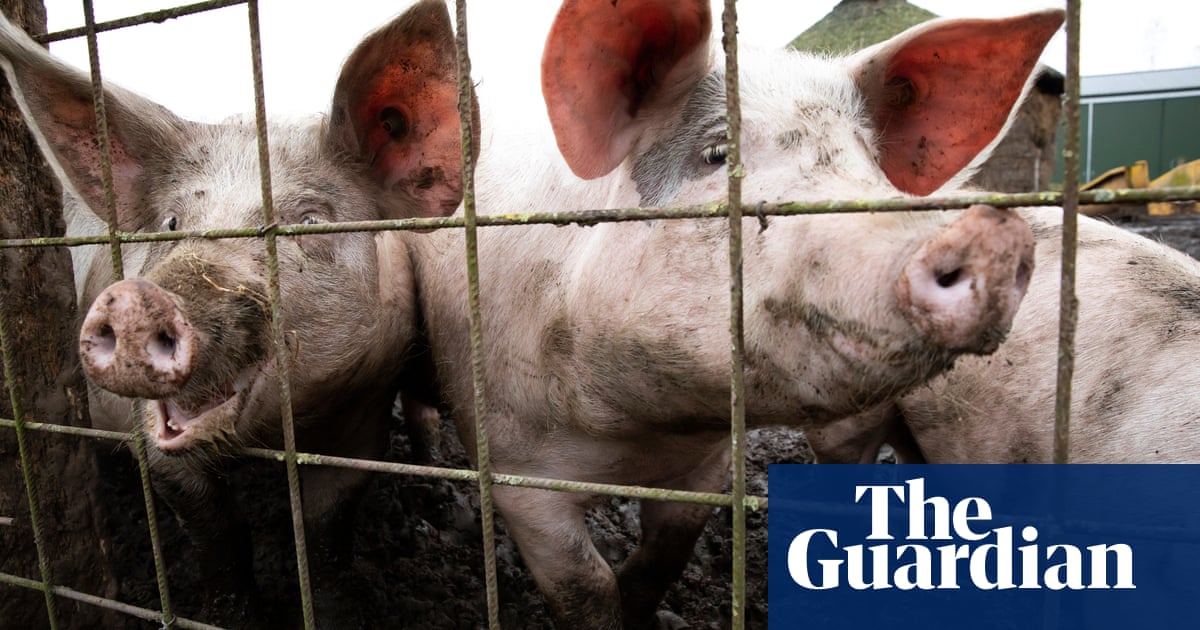
Before genome-editing procedures are approved for commercial livestock, there needs to be robust regulations in place to protect the welfare of farmed animals.
The same techniques that can improve modern farming by making animals resistant to heat and disease, reducing methane emissions and increasing productivity could also cause animal welfare problems, according to the Nuffield Council on Bioethics.
The potential of genome editing for animals has led to intense research efforts around the world, leading to experimental animals that demonstrate the viability of the approach. The UK government announced in September that it would bring forward legislation that would allow genome editing in animal breeding.
The director of the Nuffield Council on Bioethics said there is a need to ensure animal welfare is at the center of plans to introduce genome editing into animal farming.
In a report on the social and ethical issues associated with genome editing in farm animals, ethicists describe how it could bring benefits, for example by making pigs resistant to the common porcine reproductive and respiratory syndrome (PRRS) virus, or preventing animals from growing horns that cause injuries.
They warn that other applications could have a big impact on animal welfare. The creation of animals that could tolerate poor conditions without having an adverse health impact is a particular concern according to a co-author of the report. She said that it could mask the fact that they are living in unacceptable conditions. There is a serious concern that animals can no longer have a good life.
The ethicists want an urgent public discussion before genome editing is approved for commercial farming, and for an independent body to work with breeders and oversee a "traffic light system" that ranks the welfare of farmed animals. Under the scheme green, amber, and red mean that animals can live a good life in a well-managed system, amber means that further breeding may threaten the animals' welfare, and red means that animals that do not have an acceptable quality of life should not be used in commercial farming.
Bruce Whitelaw, a professor of animal agriculture at the Roslin Institute, said genome editing had a lot to offer. We have shown that this technology can reduce the burden of disease in livestock by producing pigs resistant to the PRRS virus. If this application progresses to the farm, it will have welfare benefits for the animals. It is time for a dialogue to explore how we can use genome editing to benefit agriculture and our food supply. Appropriate incentives can be identified to drive fair and responsible livestock breeding.
The Oxford Uehiro Centre for Practical Ethics has a policy of reform farming practices rather than modifying animals to fit them. If we can't achieve the ideal, the best option would be to reform factory farming and pursue genome editing. For example, we could combine genome editing with higher taxes for meat, eggs and dairy from factory farms, or with structural support for the production of lab-grown meat, or alternative and more sustainable farming practices.
